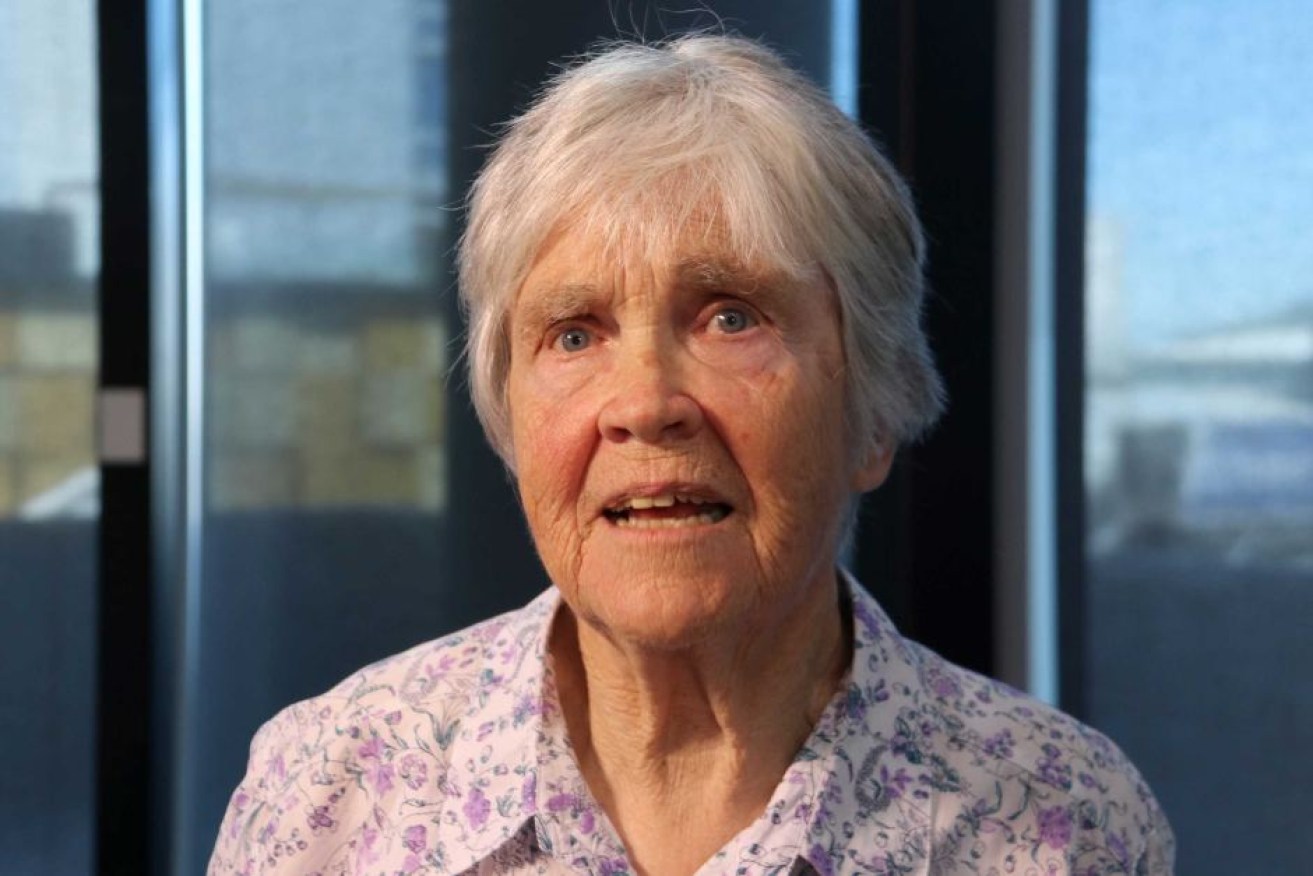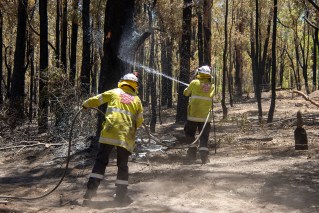Consumer Protection warns of online scams after number of WA victims spikes by a third

Marion says she felt "hypnotised" by the convincing scam artist. Photo: ABC News
Just before Christmas, Marion was scammed out of $30,000 by criminals pretending to be from a law enforcement agency trying to catch scammers.
The 78-year-old from the Perth suburb of Beaconsfield was one of 569 West Australians who reported being scammed a total of almost $11 million last year.
Marion, who did not wish to have her surname published, had received a call about the rollout of the National Broadband Network, but the conversation made its way to other subjects, including how terrible it was people were being scammed.
The caller claimed to be from the Australian Crime Commission (ACC) and asked if she wanted to help catch scammers, which she thought was a good idea.
In a complex con, the criminals convinced Marion to download software onto her computer that allowed them to see everything she did, and to falsely show her she was already being scammed.
She was told they would deposit $30,000 into her account, which she would then transfer to their bank account in Thailand, and when the scammer moved in to take the money they would swoop.
Marion was sent a form purporting to be from the ACC authorising the transfer.
She went to her bank branch in Fremantle to send the money, but they did not recognise the form, so the scammer instructed her to go to another branch.
She said the scammer was tracking her on her phone, and even rang and asked her what she was doing when she started driving to her scheduled podiatry appointment instead of going straight to another bank.
“I was completely taken in, I must confess,” she said. “It was like I was hypnotised in a way.”

Consumer Protection says many people are not comfortable enough to report being scammed. Photo: ABC News
At the fourth attempt, she was able to transfer the money. She did not look if $30,000 had been deposited in her account first.
It was only a few days later when telling a friend what had happened that she realised she had been conned.
“I was just totally and utterly stunned,” she said.
She had been drawn in by an anonymous caller, who she said spoke to her normally and nicely about a subject in which she was interested.
“This is where they get you, it’s something you want,” she said.
“I felt I was helping the world in some way, I was saving the world.”
The “catch a scammer” scam was one of several where organised criminals masqueraded as officials from an agency like the Australian Tax Office, police, foreign embassies, a telecommunications company or a bank in order to dupe victims into giving them personal information or money.
Reported scams ‘just the tip of the iceberg’
The Department of Consumer Protection found there was a huge spike in investment scams in 2018, which accounted for the biggest category of cons.
This was followed by romance scams and stings where people lost money buying and selling online.
The $10.7 million scammed last year was a 32 per cent increase on the previous year, but Consumer Protection said that was just part of the regular fluctuation in the figures.

Commissioner David Hillyard says people need to be very cynical towards phone calls, emails and texts which come out of the blue. Photo: ABC News
But Commissioner David Hillyard said the number of reported scams was “just the tip of the iceberg” and there were many more people who, through embarrassment or other reasons, had not come forward.
Apart from the financial loss, there was also an emotional impact where people felt traumatised and suffered from a loss of confidence, and from betrayal and heartbreak in romance scams.
“It’s the way in which they’re pitched,” Mr Hillyard said.
“I think we need to understand the people who get conned into these things are no fools, but the people who are perpetrating the scams are very good.
“They’re professional, it’s very sophisticated and they’re very convincing.”
He said people needed to be very cynical towards any phone calls, texts and emails coming out of the blue.
“There are a whole range of stories that will be spun at you, which are going to convince you to get engaged with them, click on some links, talk to them on the telephone and believe the story that they are going to present to you,” he said.
“No matter how sound the issue might be, just take the time, hang up, don’t make contact unless you go directly to the organisation.”
–ABC








